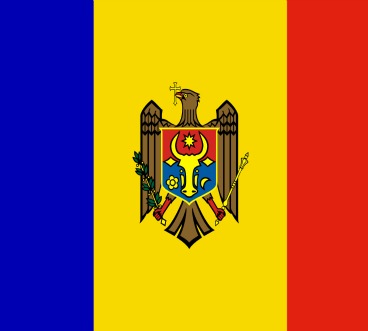Mr. Speaker, President Putin of Russia continues to maintain a heavy schedule of international visits. Among the several destinations, he is scheduled to visit Moldova later this week.
The Republic of Moldova is located principally between the Prut River on the west and the Dniestr River to the east, between Romania and Ukraine. A sliver of the country, the `left bank’ or `Transdniestria’ region, extends beyond the Dniestr River and borders with Ukraine. The 4.3 million population in Moldova is 65 percent ethnic Romanian, with significant Ukrainian and Russian minorities. Gagauz, Bulgarians, Roma, and Jews constitute the bulk of the remainder. While Moldova and Romania were united between World Wars I and II, following seizure by the Soviets in World War II, Moldova became a Soviet `Republic.’ When the Soviet Union collapsed in 1991, Moldova gained its independence and is now an internationally-recognized sovereign state, a member of the United Nations, the Organization for Security and Cooperation in Europe, and a host of other international organizations.
When Moldova became independent, there were approximately 15,000 Soviet troops of the 14th Army based in the Transdniestria region of Moldova. In 1992, elements of these troops helped pro-Soviet elements establish a separatist state in Transdniestria, the so-called Dniestr Moldovan Republic. This state, unrecognized and barely changed from the Soviet era, continues to exist and defy the legitimate authorities of Moldova. Meanwhile, elements of the former Soviet army, now the Russian army, remained in Transdniestria after the collapse of the Soviet Union. Renamed the Operational Group of Forces, they presently number about 2,500. The Moldovan Government has wanted the troops to leave, and the Russians keep saying they are going to leave. The Moldovan and Russian Governments signed an agreement in 1994 according to which Russian forces would withdraw in three years. Obviously, that deadline has passed. Russia was supposed to remove her forces from Moldova as a part of the Council of Europe accession agreement in February 1996. In fact, language in the declaration of the 1999 OSCE Istanbul Summit insists that Russia remove its military arsenals from Moldova by December 2001 and its forces by December 2002. This latest OSCE language enhances language included in the 1994 Budapest document and the 1996 Lisbon document calling for complete withdrawal of the Russian troops.
Mr. Speaker, there is no legitimate security reason for the Russian Government to continue to base military forces on the territory of a sovereign state that wishes to see them removed. This relatively small contingent of troops is a vestige of the Cold War. I would add also that the United States Government has agreed to help finance some of the moving costs for the Russian equipment. I would hope President Putin will assure his hosts in Moldova that the Russian forces will be removed in accordance with the OSCE deadline, if not earlier.






